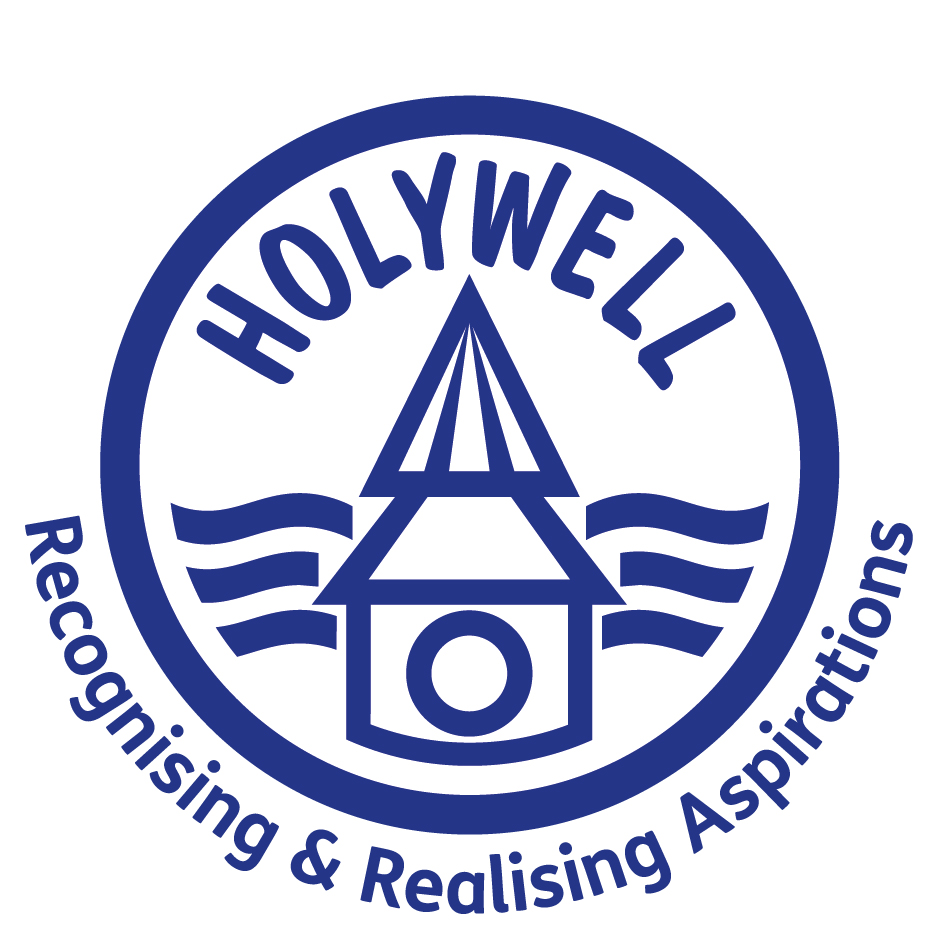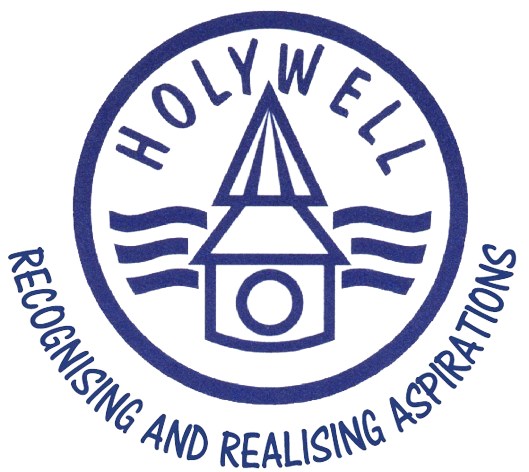Geography
“The study of geography is about more than just memorizing places on a map. It’s about understanding the complexity of our world, appreciating the diversity of cultures that exists across continents.” Barack Obama.
At Holywell Primary School, we encourage all pupils to develop a growing passion to find out about the world and the people who live here. Through our curriculum, we ensure pupils build their knowledge of people and places to understand the physical, human, social and economic forces which shape those places and the lifestyles of the people who live there.
We have defined the key characteristics of Geography at Holywell as:
- An excellent knowledge of where places are and what they are like
- An excellent understanding of the ways in which places are interdependent and interconnected and how much human and physical environments are interrelated
- An extensive base of geographical knowledge and vocabulary
- Fluency in complex, geographical enquiry and the ability to apply questioning skills and use effective analytical and presentational techniques
- The ability to reach clear conclusions and develop a reasoned argument to explain findings
- Significant levels of originality, imagination or creativity as shown in interpretations and representations of the subject matter
- Highly developed and frequently utilised fieldwork and other geographical skills and techniques
- A passion for and commitment to the subject, and a real sense of curiosity to find out about the world and the people who live there
- The ability to express well-balanced opinions, rooted in very good knowledge and understanding about current and contemporary issues in society and the environment
The teaching of Geography is implemented through three essential learning objectives. These objectives allow children to develop various skills within geographical learning. Through this rich and immersive curriculum approach, children will learn to:
-
Investigate places
This concept involves asking geographical questions about physical and human characteristics of a location. A range or resources such as world maps, atlases, globes and field work are to be used to allow for an investigative learning approach.
-
Investigate patterns
This concept involves an understanding of geographical similarities and differences through studying various countries, their locations on the planet and the geographical changes that occur there.
-
Communicate geographically
This concept involves using geographical vocabulary to describe and understand aspects of physical geography such as rivers, mountains, volcanoes and earthquakes and human geography such as settlements and land use.
We study local areas and their issues and extend these studies into the wider world. The children learn to use maps to locate cities, countries, mountain ranges, rivers, seas and oceans. They use atlases, photos and the internet to explore the environment and economics of those countries which they study.
Providing opportunities for our children to think geographically offers a powerful way of seeing the world and helps them to make connections. To think geographically, they need knowledge, understanding and skills to utilise the information they gather during enquiry.
ASPIRATIONS FOR THE FUTURE
Pupils develop an understanding of how subjects and specific skills are linked to future jobs.
Here are some of the jobs you could aspire to do in the future as a Geographer:
- Marine Biologist
- Land Surveyor
- Helicopter Mission Controller
- Forester
- Farmer
- Weather Presenter

